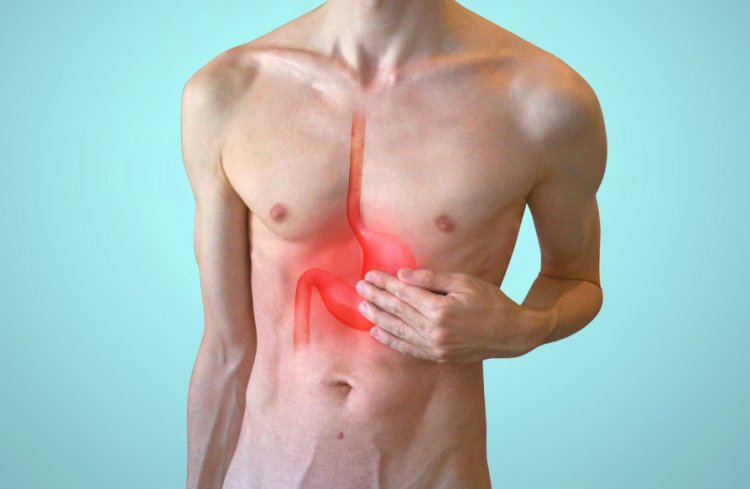Decoding Acid Reflux: Understanding Causes, Symptoms, and Treatment
Learn about acid reflux (GERD), a common digestive disorder where stomach acid flows back into the esophagus. Understand its causes, symptoms (like heartburn and regurgitation), and treatment options (including lifestyle changes, medications, and surgery) to manage this condition effectively and improve digestive health

Acid Reflux: Causes, Symptoms, and Treatment
Acid reflux, also known as gastroesophageal reflux disease (GERD), is a common digestive disorder characterized by the backward flow of stomach acid into the esophagus. While occasional acid reflux is normal, persistent or frequent reflux can lead to discomfort and complications. Understanding the causes, symptoms, and treatment options for acid reflux is crucial for managing this condition effectively.
Causes of Acid Reflux
- Weak Lower Esophageal Sphincter (LES): The LES is a muscle that acts as a valve between the esophagus and the stomach. When it relaxes or weakens, stomach acid can flow back into the esophagus, causing reflux.
- Hiatal Hernia: A hiatal hernia occurs when part of the stomach protrudes into the diaphragm, disrupting the function of the LES and increasing the risk of acid reflux.
- Diet and Lifestyle Factors: Certain foods and beverages, such as spicy foods, fatty foods, caffeine, alcohol, and carbonated drinks, can trigger or worsen acid reflux. Habits like smoking, overeating, and lying down after eating can also contribute to reflux symptoms.
- Obesity: Excess weight can put pressure on the stomach and LES, leading to acid reflux.
Symptoms of Acid Reflux
- Heartburn: A burning sensation in the chest or throat, often after eating or when lying down.
- Regurgitation: The sensation of acid backing up into the throat or mouth, often with a sour or bitter taste.
- Difficulty Swallowing (Dysphagia): A feeling of food sticking in the throat or chest, indicating possible esophageal damage.
- Chest Pain: Chest pain or discomfort that can mimic a heart attack, especially when accompanied by other reflux symptoms.
- Chronic Cough: A persistent cough, particularly at night, that may be worsened by lying down.
Treatment Options for Acid Reflux
- Lifestyle Modifications: Maintaining a healthy weight, avoiding trigger foods, eating smaller meals, and not lying down after eating can help reduce reflux symptoms.
- Medications: Over-the-counter and prescription medications, such as antacids, H2-receptor antagonists, and proton pump inhibitors (PPIs), can reduce stomach acid production and alleviate reflux symptoms.
- Dietary Changes: Following a GERD-friendly diet that limits acidic and spicy foods, fatty foods, caffeine, and alcohol can help manage acid reflux symptoms.
- Surgery: In severe cases of GERD that do not respond to other treatments, surgical procedures like fundoplication or LINX device placement may be recommended to strengthen the LES and prevent reflux.
Preventing Acid Reflux
- Maintain a healthy weight to reduce pressure on the stomach and LES.
- Avoid trigger foods and beverages that can worsen reflux symptoms.
- Eat smaller, more frequent meals rather than large meals.
- Elevate the head of the bed to prevent acid from flowing into the esophagus while sleeping.
In conclusion, acid reflux is a common digestive disorder that can cause discomfort and affect quality of life. By understanding its causes, symptoms, and treatment options, individuals can effectively manage this condition and improve their overall digestive health.
Coupoly offers a complimentary Medical Concierge Service, connecting you with leading doctors and clinics.
Reach out to us today.
Get in Touch
What's Your Reaction?





















